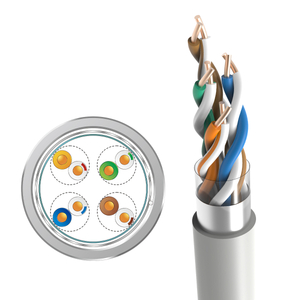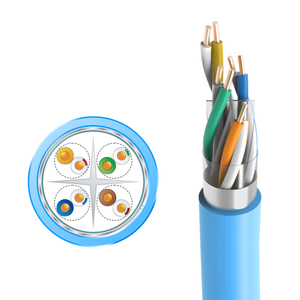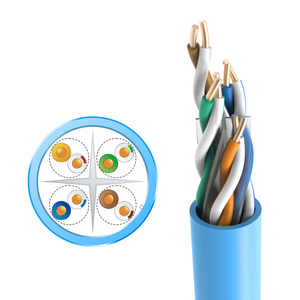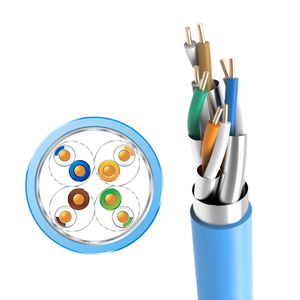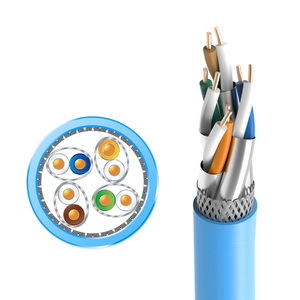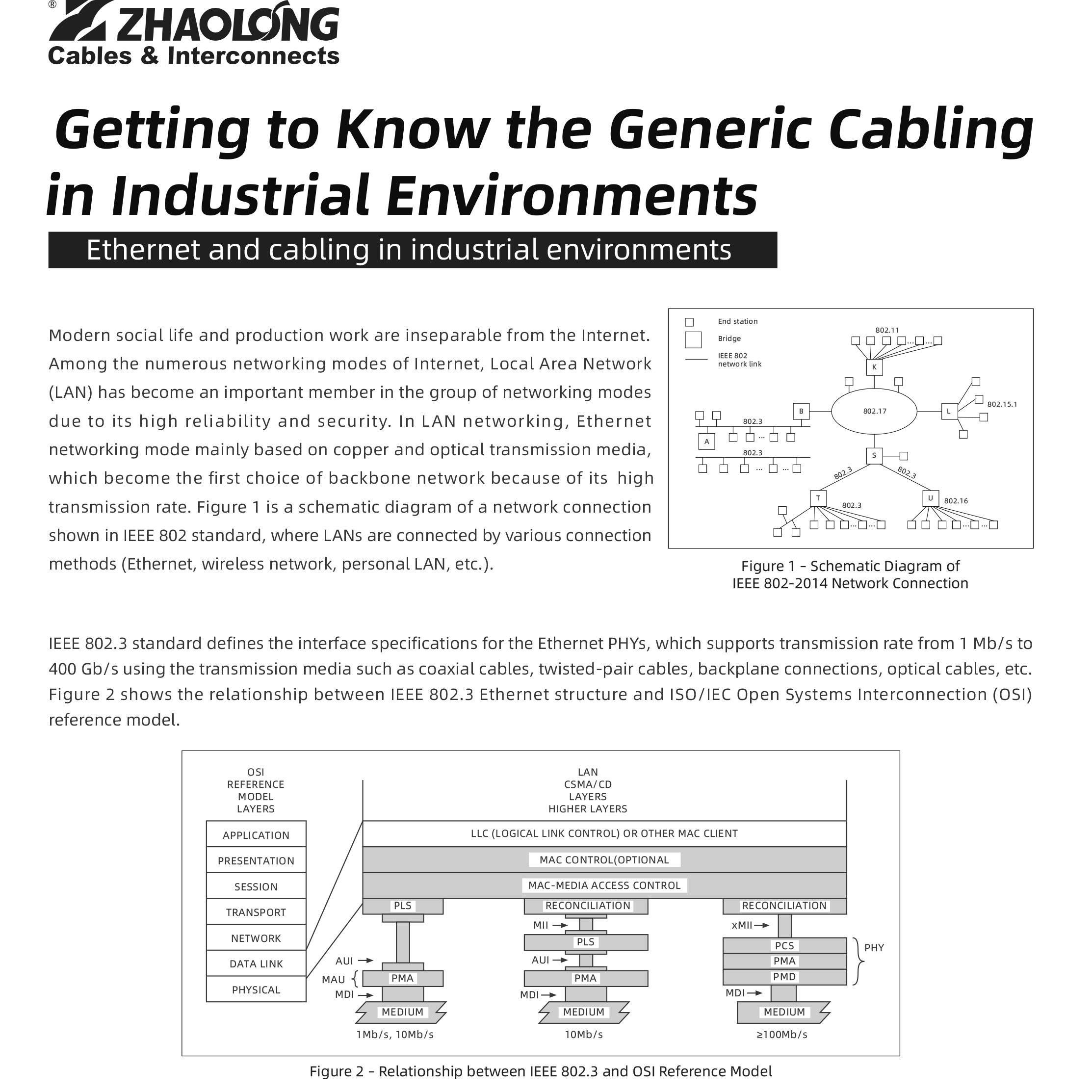REFERENCE STANDARD
UL444, UL1581, UL1666, IEC60332-1, IEC60332-3-24, EN50399
TEST STANDARD
ISO / IEC11801, ANSI / TIA-568-C.2
PHYSICAL PARAMETERS
Conductor:
solid bare copper
Insulation material:
high density polyethylene
Insulation diameter:
0.88 ± 0.05mm (unshielded), 1.00 ± 0.05mm (shielded)
Shield:
Aluminum foil (total shield)
Braided shield:
tinned copper or aluminum magnesium alloy wire
Sheath diameter:
5.0 ± 0.4mm (unshielded), 6.2 ± 0.4mm (F / UTP shield), 6.6 ± 0.5mm (SF / UTP shield)
Sheath material:
PVC or LSZH low smoke halogen-free (according to different jackets), in line with RoHS and REACH requirements
Working temperature:
-30 ℃ to 50 ℃ (LSZH), -20 ℃ to 50 ℃ (PVC)
MECHANICAL PARAMETERS
Tensile strength before aging:
≥13.5Mpa (PVC), ≥10.0Mpa (LSZH low smoke halogen-free)
Elongation before aging:
≥150% (PVC), ≥125% (LSZH low smoke halogen-free)
Aging time:
100 ℃ × 24 hours × 7 days
Tensile strength after aging:
≥12.5Mpa (PVC), ≥8Mpa (LSZH low smoke halogen-free)
Elongation after aging:
≥125% (PVC), ≥100% (LSZH low smoke halogen-free)
Cold bending (-20 ± 2 ℃ × 4 hours):
8 times the outer diameter of the cable without cracking
Electrical Parameters
Transmission delay difference:
≤45ns / 100m
Transmission speed:
69%
Capacitance:
Maximum 5.6nf / 100m
DC resistance:
Maximum 9.5Ω / 100m
DC resistance unbalance:
maximum 5%
Unbalanced capacitance to ground:
maximum 330pf / 100m (shielded)
 English
English
 简体中文
简体中文



